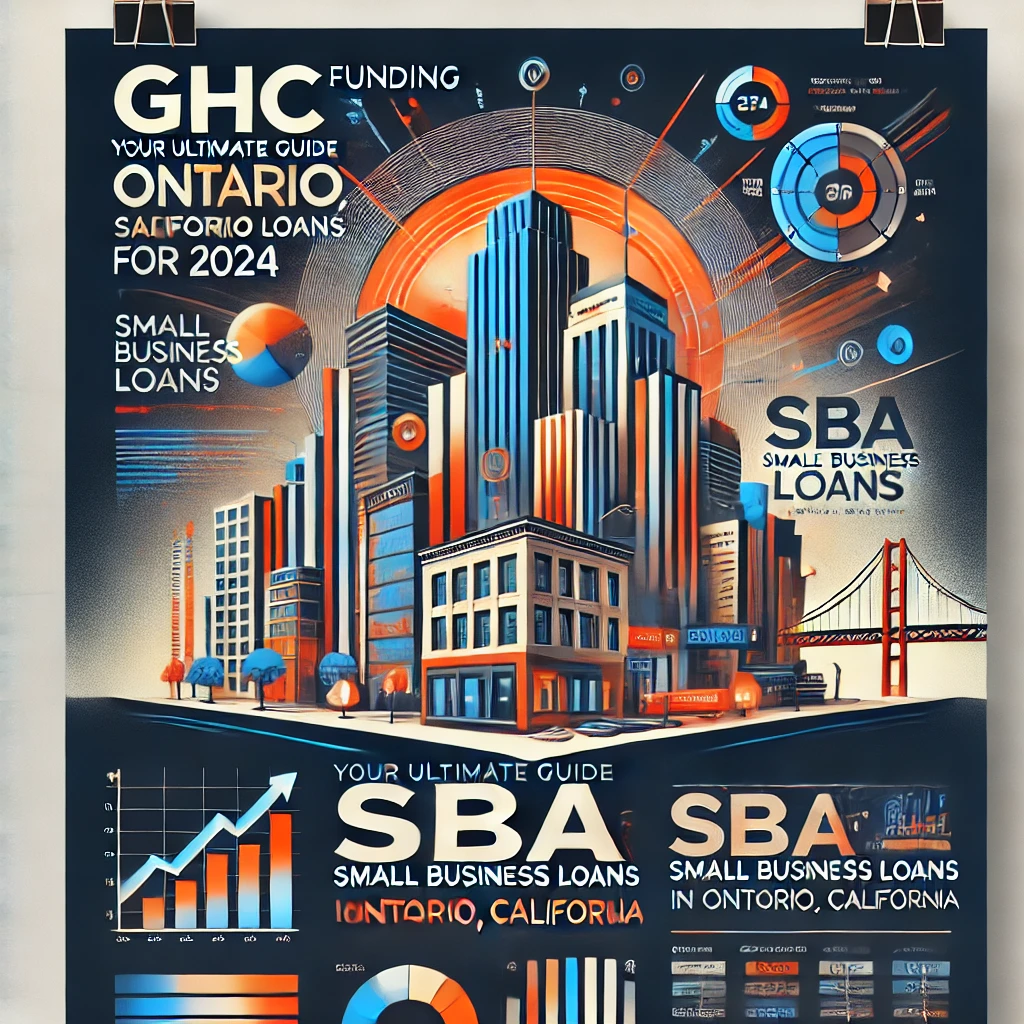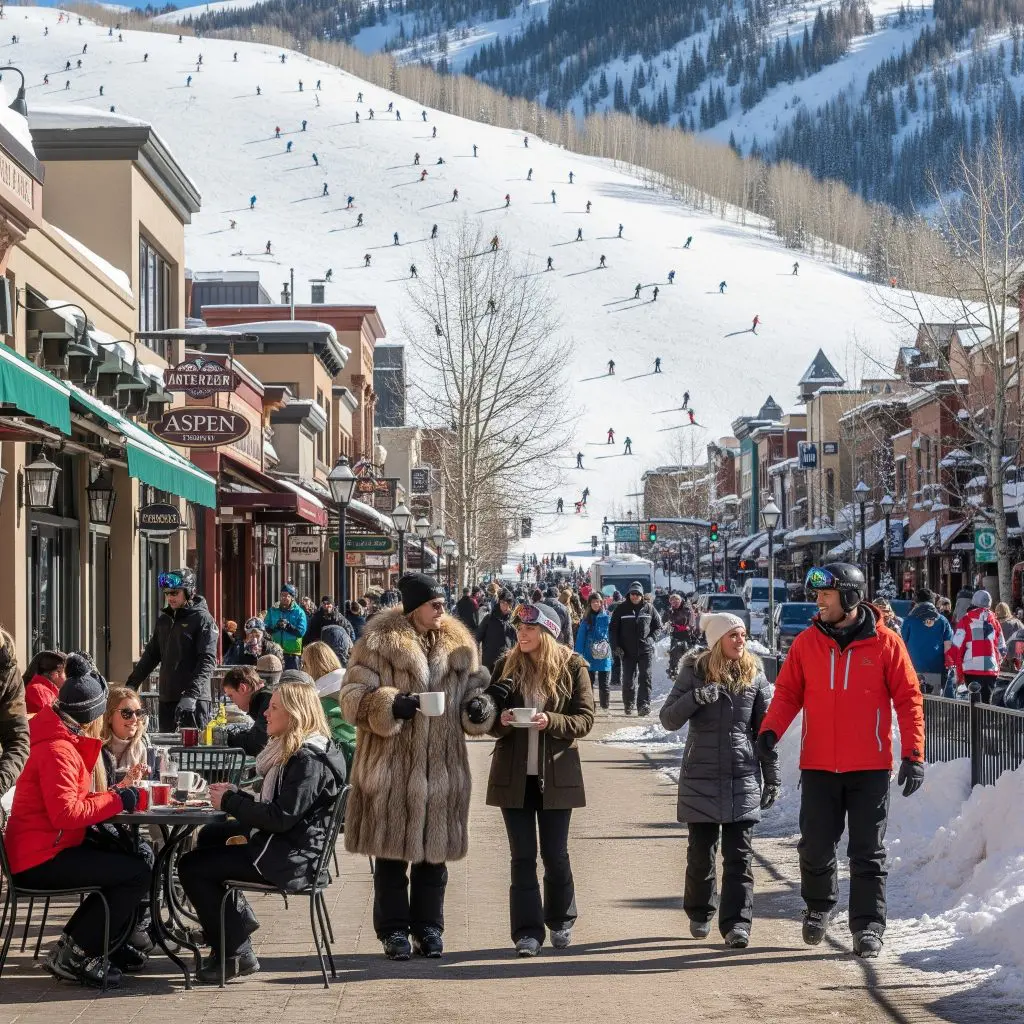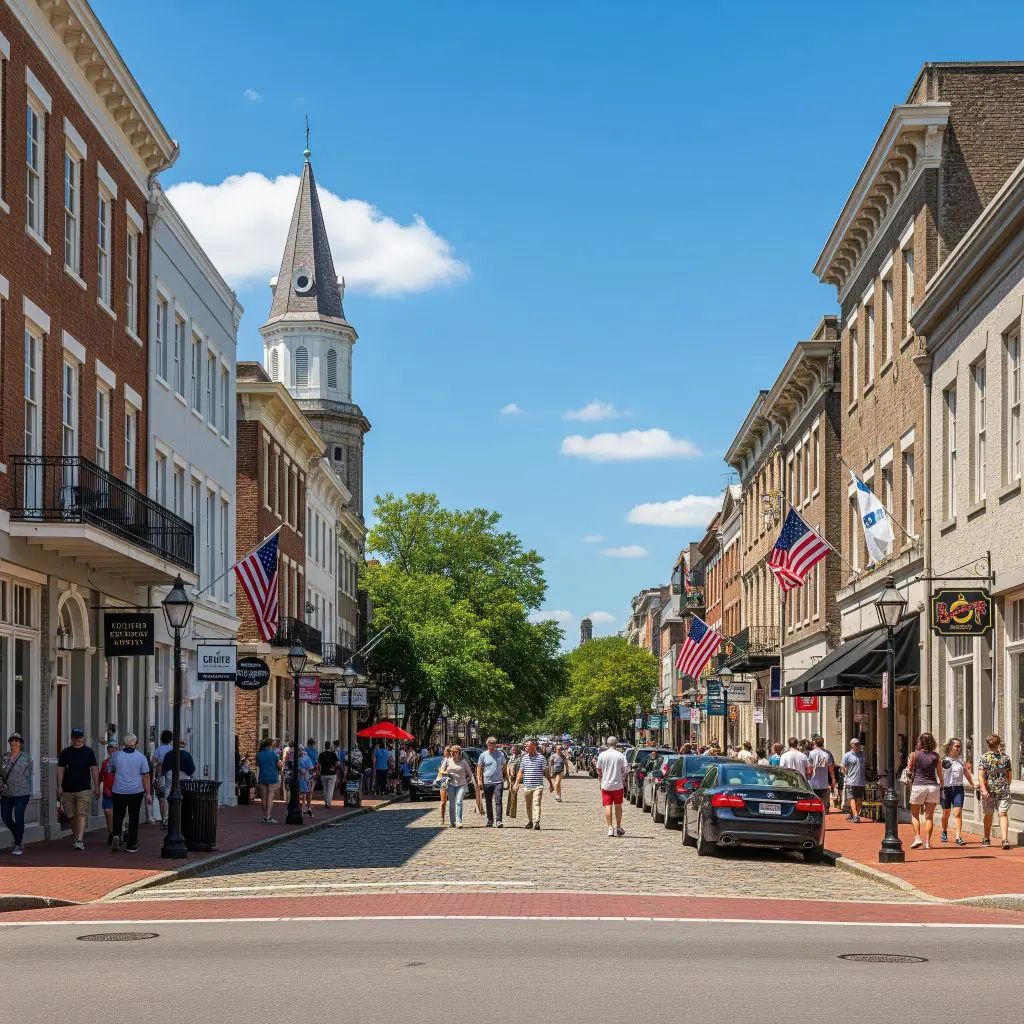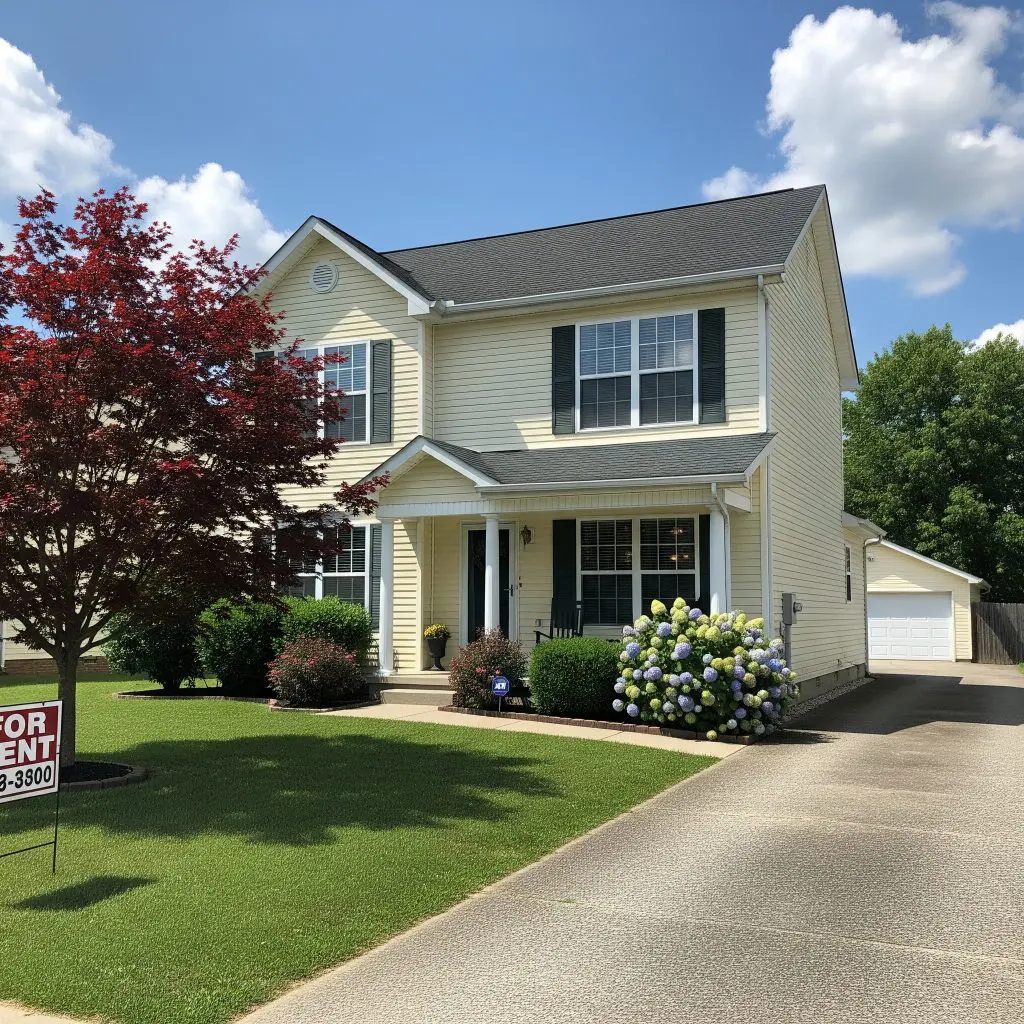Commercial Real Estate Loans in Indiana: 2025 Investor’s Guide
Indiana’s commercial real estate market enters 2025 poised for growth, driven by robust industrial, office, retail, and multifamily activity in cities such as Indianapolis, Fort Wayne, Evansville, and Bloomington. As competition increases and cap rates tighten, securing the right commercial mortgage is essential for investors and business owners looking to thrive in this dynamic landscape. This comprehensive guide explores Indiana’s leading commercial real estate loan options, major lending players, key markets, and actionable steps to secure favorable financing.
- Commercial Real Estate Loans in Indiana: 2025 Investor’s Guide
- 2025 Indiana Commercial Real Estate Market Overview
- Types of Commercial Real Estate Loans in Indiana (2025)
- Leading Commercial Real Estate Lenders in Indiana (2025)
- Commercial Mortgage Loan Features and Rates (Indiana 2025)
- Step-by-Step Indiana Commercial Mortgage Application Process
- Indiana Commercial Financing: Success Stories (2025)
- Commercial Mortgage Q&A: Indiana Investor FAQ (2025)
- Conclusion: Maximizing Opportunity with Indiana CRE Loans in 2025
2025 Indiana Commercial Real Estate Market Overview
Indiana’s central location, business-friendly tax climate, and ongoing infrastructure investment continue to fuel demand in various commercial sectors:

- Indianapolis Downtown & North Meridian: Office and mixed-use resurgence, with rising build-to-suit and value-add investments.
- Fort Wayne Innovation District: Technology parks, medical office facilities, and industrial space expansion.
- Evansville Riverfront: Hospitality redevelopment, logistics, and waterfront retail projects.
- Bloomington College Corridor: Student housing and multifamily growth, plus retail booms near the Indiana University campus.
- Carmel Arts & Design District: Premium retail, office, and boutique hotel financing opportunities.
- Fishers Nickel Plate District: Multifamily and mixed-use development zone with strong absorption.
- Lafayette Industrial Parks: Manufacturing and warehousing hotbeds attracting national CRE investors.
As a result, the need for creative and accessible commercial mortgages is at an all-time high in 2025.
Need capital? GHC Funding offers flexible funding solutions to support your business growth or real estate projects. Discover fast, reliable financing options today!
Test Your Expertise: The Complexities of the 1031 Exchange

As a sophisticated real estate investor, you understand that the 1031 Exchange is a cornerstone strategy for tax deferral and wealth accumulation. But beyond the basics, the intricacies of the 1031 Exchange rules can pose significant challenges. This quiz is designed to test your in-depth knowledge and highlight critical nuances that separate casual investors from true experts in 1031 Exchange transactions.
Instructions: Choose the best answer for each question.
⚡ Key Flexible Funding Options
GHC Funding everages financing types that prioritize asset value and cash flow over lengthy financial history checks:
-
Bridge Loans: These are short-term loans used to "bridge the gap" between an immediate need for capital and securing permanent financing (like a traditional loan or sale). They are known for fast closing and are often asset-collateralized, making them ideal for time-sensitive real estate acquisitions or value-add projects.
-
DSCR Loans (Debt Service Coverage Ratio): Primarily for real estate investors, these loans are underwritten based on the property's rental income vs. debt obligation ($\text{DSCR} = \text{Net Operating Income} / \text{Total Debt Service}$), not the borrower's personal income or tax returns. This offers flexibility for those with complex finances.
-
SBA Loans: The Small Business Administration (SBA) guarantees loans offered by partner lenders. While providing excellent terms (long repayment, lower rates), the application process is typically slower than private/bridge funding, often making them less suitable for immediate needs. SBA eligibility heavily relies on the DSCR metric for repayment assessment.
🌐 Learn More
For details on GHC Funding's specific products and to start an application, please visit their homepage:
The Ultimate DSCR Loan for Rental Property Quiz

Are you looking to expand your real estate investment portfolio? A DSCR loan might be the perfect tool to help you achieve your goals without relying on traditional income documentation. Test your knowledge with this quiz to see if you're ready to master the intricacies of a DSCR loan for rental property.
Types of Commercial Real Estate Loans in Indiana (2025)
Investors and owners can access several distinct commercial financing products. This guide highlights commercial mortgages in detail, but here’s a snapshot of key loan types available in the state:
- Commercial Mortgages: Long-term, fixed/variable rate loans for stabilized properties (retail, office, industrial, warehouse, multifamily).
- Bridge Loans: Short-term, interest-only loans for acquisitions or repositioning prior to obtaining permanent financing.
- Construction Loans: Finance ground-up development or major renovations; typically interest-only during build-out, converting post-completion.
- Multifamily Loans: Specialized lending for apartment buildings, ranging from 5-unit walkups to large complexes, supported by government and private programs.
This 2025 guide details Indiana commercial mortgages, including regional dynamics and lender insights.
Leading Commercial Real Estate Lenders in Indiana (2025)
✅ Small Business Resources
-
SBA – Small Business Administration
https://www.sba.gov - SCORE Mentors (Free Mentoring & Workshops)
https://www.score.org - Small Business Development Centers (SBDC)
https://americassbdc.org
Are You an SBA Real Estate Loan Expert?

Test your in-depth knowledge on using SBA Loans for owner-occupied commercial Real Estate acquisition. These questions delve into the critical details that can impact your business's growth and financial strategy.
Several prominent local, regional, and national lenders provide competitive commercial mortgage options to Indiana investors. Notable institutions operating in the state include:
- Old National Bank (Evansville, statewide presence) – Known for relationship-based underwriting and local market expertise.
- First Merchants Bank (Muncie HQ) – Aggressive in office, retail, and multifamily lending with flexible structures.
- Horizon Bank (Michigan City HQ) – Robust loan programs for industrial, hospitality, and medical office properties.
- KeyBank Real Estate Capital (Indianapolis office) – Strong multifamily, SBA 504, and CMBS platform in Indiana.
- Centier Bank (Merrillville HQ) – Niche lender for small to mid-sized commercial properties across Northern Indiana.
- Associated Bank (Indianapolis) – Focused on stabilized properties in Indianapolis, Carmel, and college towns.
✅ Real Estate Investor Resources
-
AirDNA (Short-Term Rental Data)
https://www.airdna.co - Rentometer (Rent Comps)
https://www.rentometer.com - Zillow Research & Data
https://www.zillow.com/research
DSCR Loan IQ Quiz!

Test your knowledge of Debt Service Coverage Ratio (DSCR) loans!
These lenders offer a variety of fixed and adjustable-rate commercial mortgages, often with customized terms that reflect Indiana’s market fundamentals.
Commercial Mortgage Loan Features and Rates (Indiana 2025)
Commercial mortgages for stabilized Indiana properties generally feature:
- Loan Amounts: $500,000 to $5,000,000+ (portfolios and large assets may qualify for more)
- Terms: 5, 7, 10, or 15-year fixed and floating rates (25-30-year amortizations)
- Interest Rates (2025): 6.10% to 7.85% (dependent on property type, LTV, sponsor experience; spreads above 5Y U.S. Treasury)
- LTV (Loan-to-Value): Up to 75% (65% typical for office, 75% on multifamily/retail)
- DSCR (Debt Service Coverage Ratio): 1.25x – 1.50x standard
- Prepayment Penalties: Step-down, yield maintenance, or declining structures
- Non-Recourse & Recourse: Both available, depending on asset and lender
Note: Q1 2025 sees mild upward rate pressure but steady CRE origination volume, favoring well-underwritten assets in healthy submarkets.
Step-by-Step Indiana Commercial Mortgage Application Process
Follow these essential steps to secure a commercial mortgage for Indiana real estate in 2025:
- Define Your Transaction: Property address, purchase price, down payment, intended use (investment vs. owner-occupant), and timeline.
- Prepare Financials: Provide updated personal and business tax returns, property financial statements (rent roll, operating expenses), and a sources/uses budget.
- Engage a Lender or Broker: Approach Indiana-based lenders (see above) or work with a respected commercial mortgage broker with regional experience.
- Prequalification & Term Sheet: Share initial financials and property info for a conditional quote. Sign a term sheet outlining loan terms if satisfactory.
- Due Diligence & Underwriting: Submit full documentation: property appraisal, rent roll, environmental reports, borrower entity docs, leases, etc. Lender conducts site inspection and risk assessment.
- Commitment & Approval: On satisfactory review, receive a loan commitment letter with final terms and conditions.
- Closing: Legal, title, and escrow work conclude. Sign final documents, fund, and close the transaction—typically 45-60 days for a traditional mortgage.
Indiana Commercial Financing: Success Stories (2025)
Success Story #1 — Office Acquisition, Carmel
John W., a physician, sought to purchase a 12,000-square-foot office condo near Carmel’s Arts & Design District. In Q2 2025, he secured a $1.9M commercial mortgage from Centier Bank at 6.45% fixed for 10 years, 25-year amortization, and a five-year declining prepayment penalty—enabling a swift closing and business expansion.
Success Story #2 — Industrial Property, Fort Wayne
Granite Holdings LLC acquired a 53,000-SF light industrial property in Fort Wayne’s Innovation District for $3.2M. Horizon Bank provided a $2.3M loan (72% LTV), 1.30x DSCR, 7.20% fixed rate, 7-year term. Quick underwriting turnaround and local insight enabled the buyer to beat competing offers.
Success Story #3 — Multifamily Financing, Bloomington
IU Rental Partners refinanced a 28-unit apartment building targeting student tenants in Bloomington. KeyBank’s multifamily program offered $2.6M non-recourse debt, 10-year fixed at 6.18%, with interest-only for three years, lowering payments and supporting future property upgrades.
Success Story #4 — Retail Redevelopment, Evansville
Evansville Main Street Group revitalized a riverfront retail property. Old National Bank delivered a $3.8M loan, 10-year term at 6.75%, supporting a phased renovation that brought new restaurants and local businesses to the area.
Commercial Mortgage Q&A: Indiana Investor FAQ (2025)
- Can I get a non-recourse commercial mortgage in Indiana?
Yes, especially for stabilized multifamily projects and high-quality assets. - Are rates expected to rise in late 2025?
Market consensus in early 2025 is for stable-to-modestly higher rates, making it a good time to lock in fixed-term debt. - Do Indiana lenders finance mixed-use properties?
Most local and regional banks will underwrite retail/residential mixed-use, especially in downtown districts and university towns. - Minimum loan size?
Typical lender minimums are $500,000, but some community banks may go as low as $250,000 for owner-users.
Conclusion: Maximizing Opportunity with Indiana CRE Loans in 2025
Indiana’s commercial real estate momentum in 2025 requires informed financing choices. Whether you’re acquiring office space in Carmel, repositioning industrial assets in Fort Wayne, or expanding multifamily holdings near Indiana University, the right commercial mortgage strategy is essential. Investors who tap into local lender expertise, analyze submarket trends, and thoroughly prepare their loan applications position themselves for long-term success in the Hoosier State’s evolving commercial property landscape.
Get a No Obligation Quote Today.



